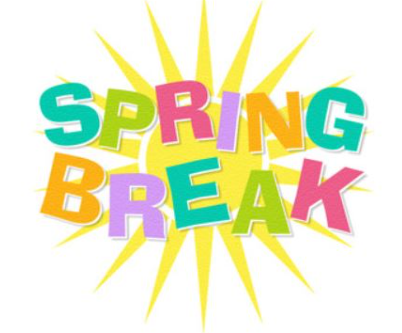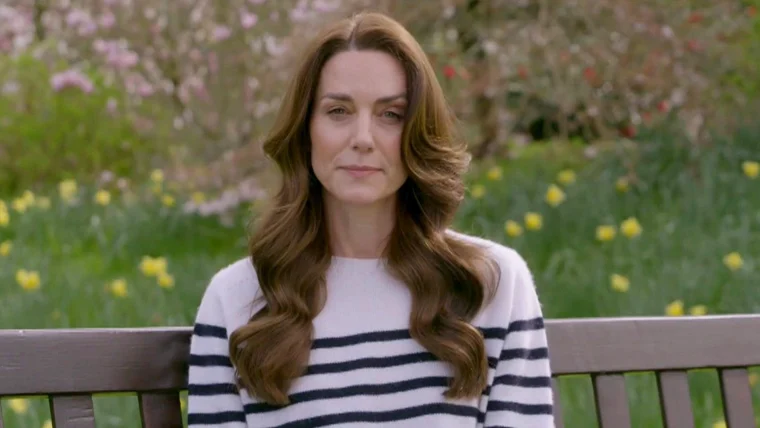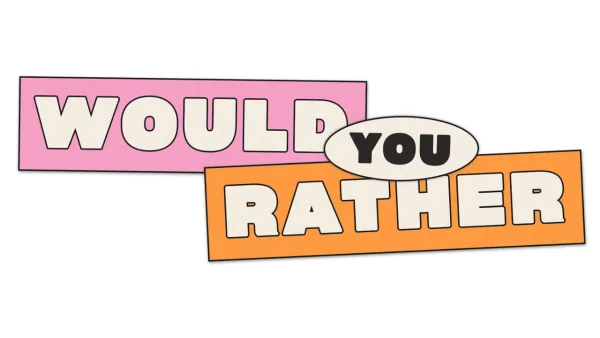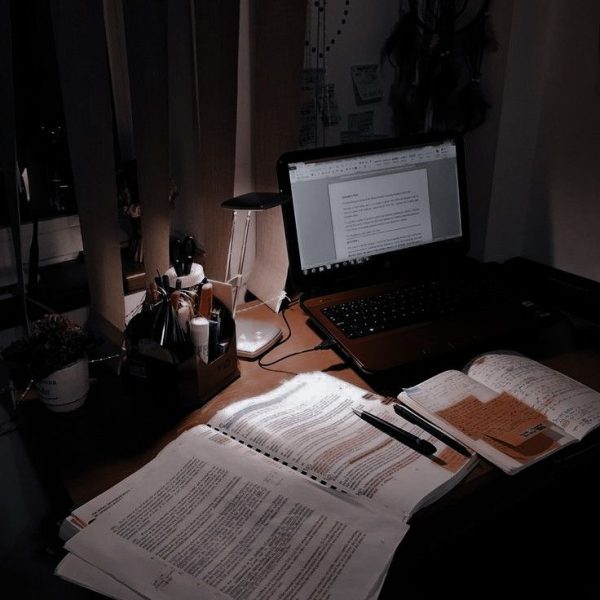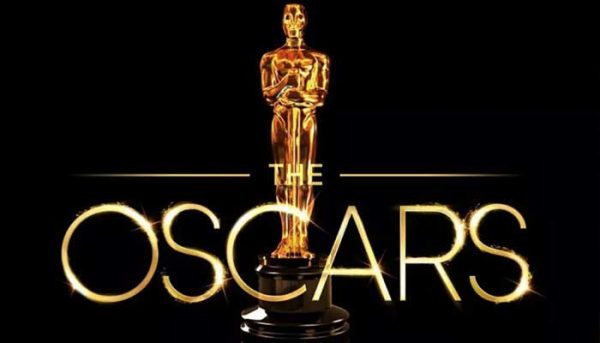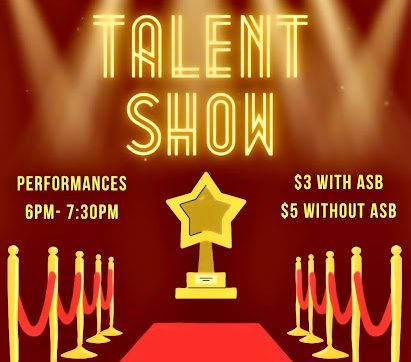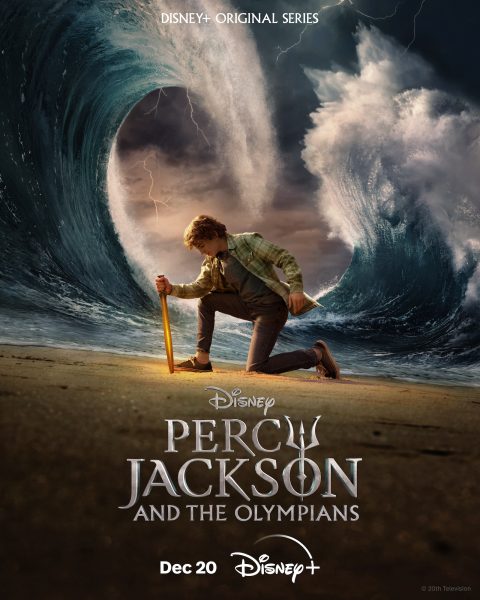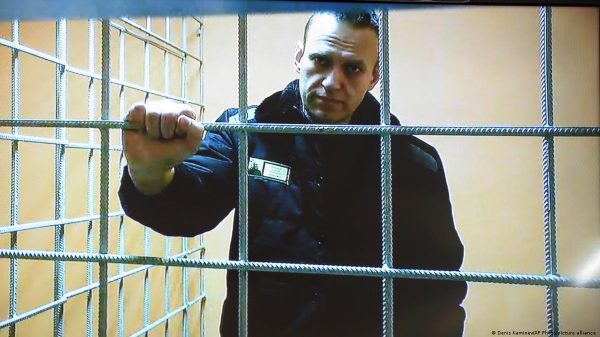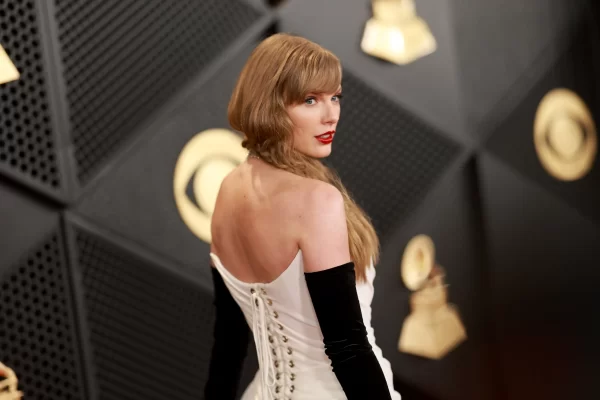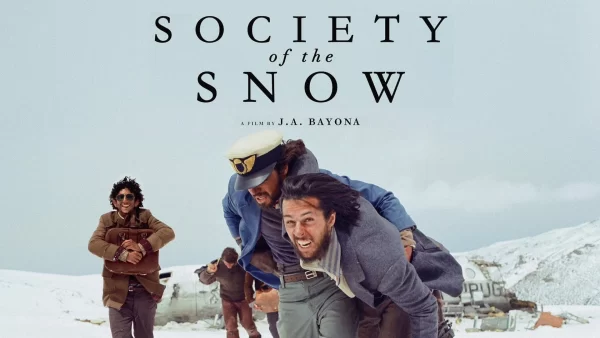How Music Shapes Film
August 29, 2019
We all know a movie that is recognized more for its music more than the filming itself–the kind where you go home humming the tunes, immediately downloading the songs. This is the work of the score and soundtrack.
There are the obvious ones, such as La La Land, Pitch Perfect, and High School Musical, but it isn’t just musicals. Soundtracks with artists unrelated to the film are downloaded just as much. The soundtrack from Guardians of the Galaxy was the most downloaded movie soundtrack of 2014. This wasn’t just because of the film, it was because of the music behind it.
While soundtracks are essential to a movie, so are the scores. A movie score–which is music made specifically for a particular movie–can also be memorable. If you go out on the streets and play the score of movies such as Jaws, Star Wars, or Mission Impossible, there are very few people that would not automatically recognize where it comes from. And not just recognize it, but feel the way they felt when it was played in a scene. For example, the movie Jaws. Playing the score to this thriller gives the listener a sense of dread, since the same song was played each time the shark appeared on screen. Star Wars is another good example of this phenomenon. The beginning of every Star Wars movie has the uplifting score when the writing floats through space, filling the viewers with excitement, but that feeling is interchanged with dread when the music that represents the Death Star plays over the speakers. This music is repeated throughout the films in order to enhance these feelings.
This is an especially important aspect of horror movies. Have you ever been to a scary movie and known when a jump scare was approaching? You can thank the music for that. Think of all the terrifying scenes that were made even scarier by the eerie music in the background.
Though the music in movies can sometimes go unnoticed, it is one of the most important elements of the film-making process. And it isn’t very simple. The wrong song can completely ruin a scene. If a certain scene is supposed to be somber and melancholy, an upbeat song can completely change the tone and the audience’s view. It is the music supervisor’s job to choose the songs to play, and the editor’s job to place it at the correct time. Without this, movies wouldn’t be anywhere near as thought-provoking and meaningful as they are today.
There’s no other way to put it: music makes us feel certain ways, and, therefore, adds emotion to the scenes they are paired with. Sometimes the perfect song can convey the character’s feelings better than dialogue would be able to.
So next time you plan to visit your local movie theater, be sure to pay attention to the music playing in the background; it’s there for a reason.


